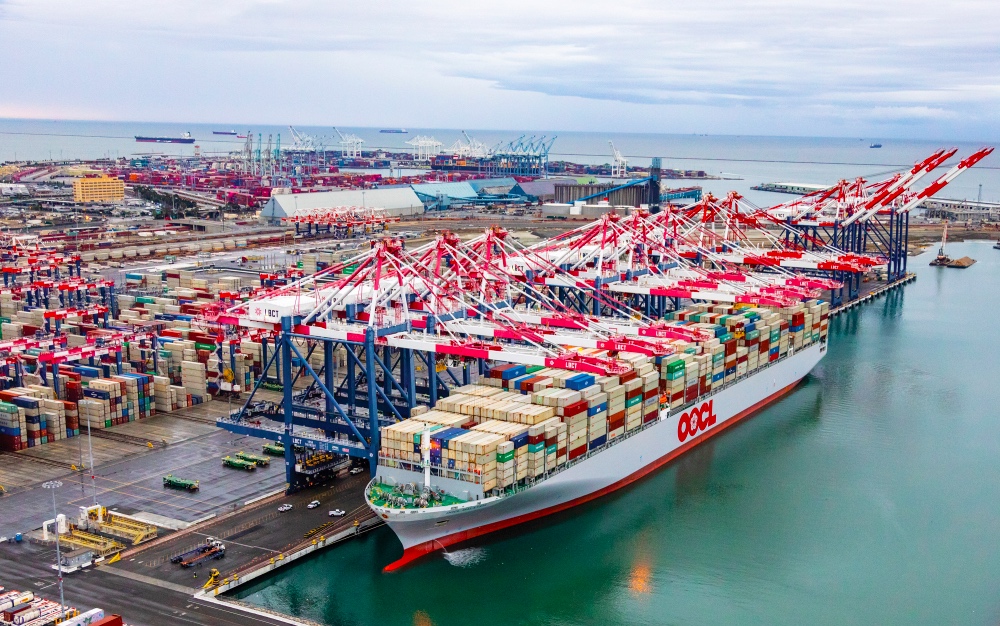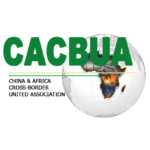More of Africa
About Africa
Nigeria, is fully known as the “Federal Republic of Nigeria”, is located in West Africa, between the Sahel in the north of the Atlantic Ocean and the Gulf of Guinea in the south. It is named after the Niger River.
Nigeria is a big country in Africa. She is an intermediate power in international affairs and an emerging global power and the largest economy in Africa.
It is composed of 36 states and the federal capital region where the capital Abuja is located. And a multi-ethnic country with more than 250 nationalities, more than 500 languages among African countries, Nigeria has the largest population and the richest ethnic regional culture and customs.
Every year, there are grand celebrations and entertainment activities with national characteristics and commemorative significance, it attracts tourists, expatriates and businessmen from all over the world.

Economy
Nigeria’s GDP and average purchasing power rank 25th in the world. Due to its large population and developed economy, Nigeria is often called an African giant. The world bank considers it an emerging market.
It is a founding member or the African Union and a member on many international organizations, including the United Nations, the Commonwealth, the non aligned movement, the economic community of West African States and OPEC.
It is also a member of the informal Mint group of countries and one of the next 11 economies, with area influence in Africa united.
Africa’s health and medical care, energy and economic functions are mainly set up in Nigeria, and Africa’s internal and international affairs and issues are often supported and discussed by Nigeria.
Since 1970s, Nigeria has always is a pivotal position in the international oil industry. It joined OPEC in July 1971 and has become a long-term member state since then.
